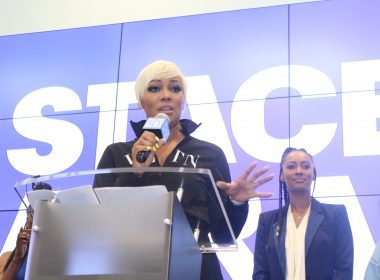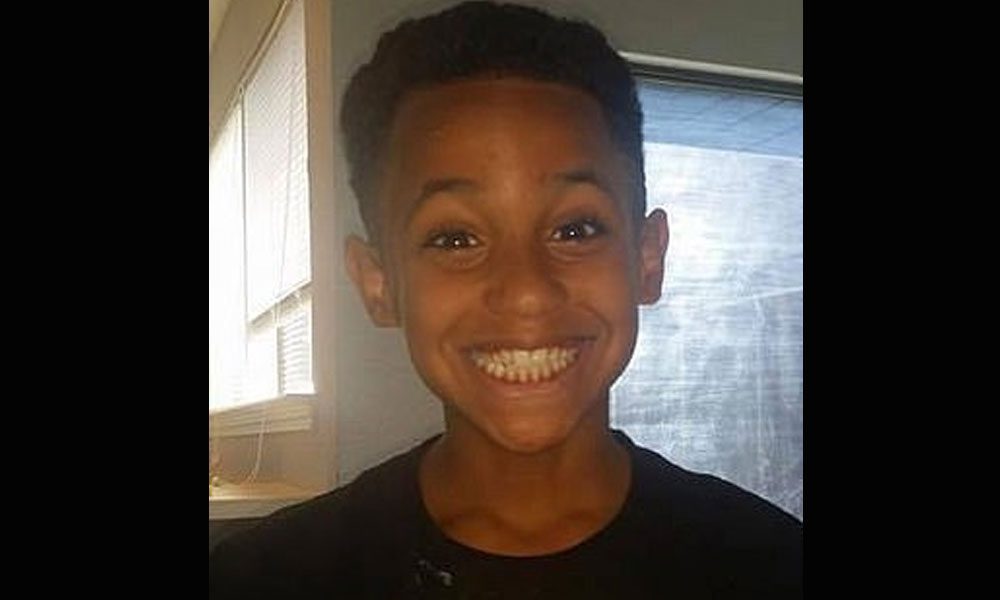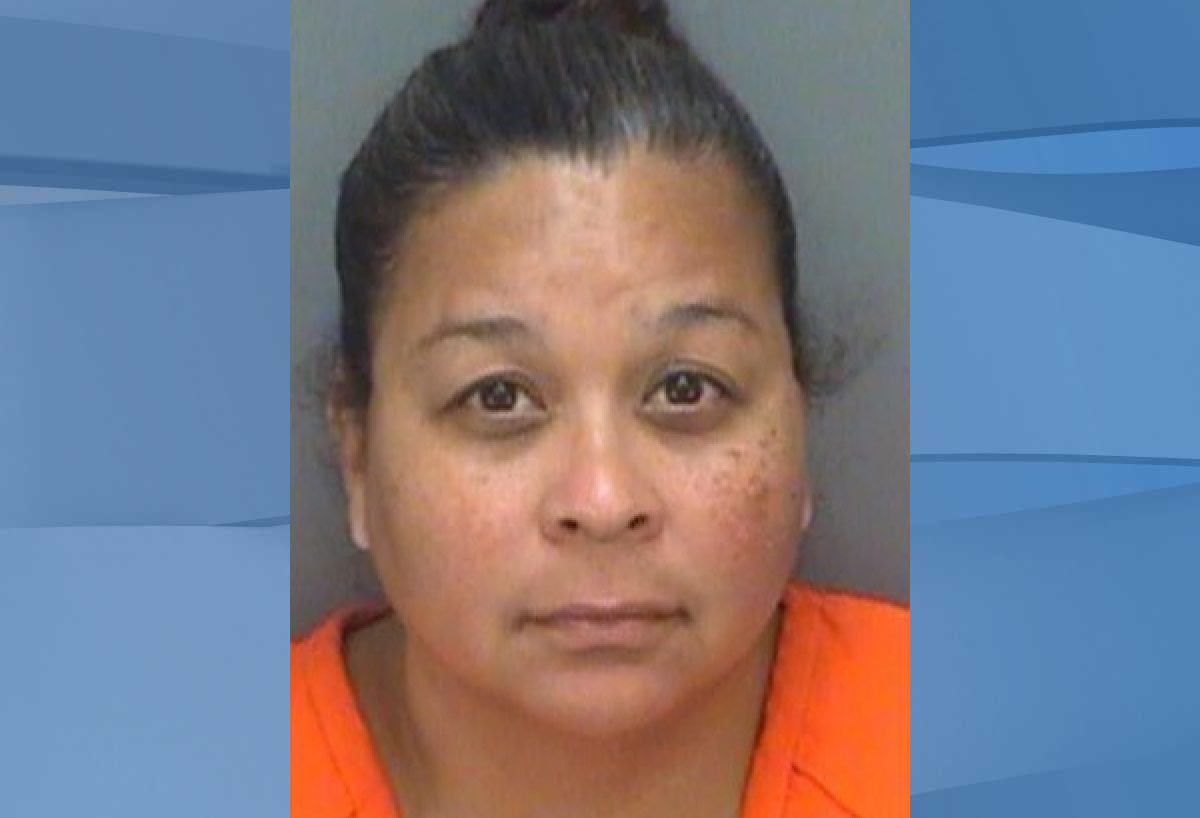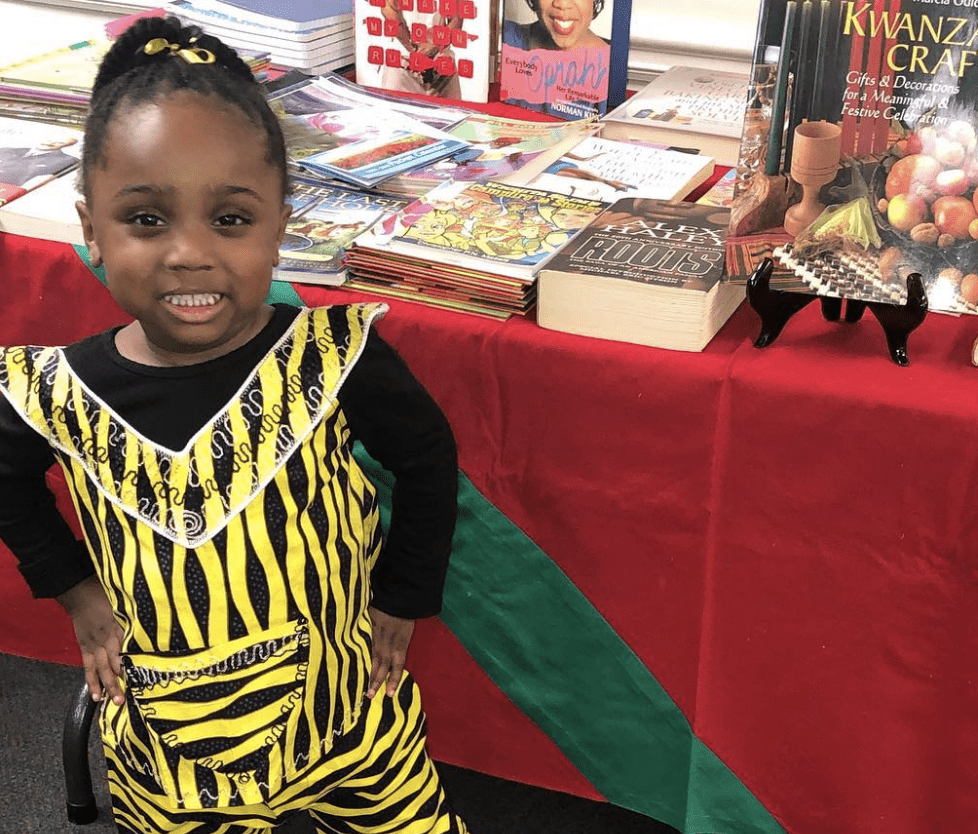
Prison B.R.E.A.K. is an acronym for Building Relationships Empowerment and Knowledge
Often when I see an older woman in a store with multiple younger children or a man in his late 60s standing outside waiting on a school bus, so many different scenarios cloud my mind as to why. Is the parent working? Did they pass away? Are they on drugs? Could they be in jail? Granted these grandparents, great aunts and uncles, or close family friends could be just spending time with their younger loved ones. On the other hand, being someone who has spent time away and met so many people who have been in jail, I know the chances of these instances being voluntary are not always the case.
Usually, the family members and friends that are on the outside stories are often overshadowed by the sympathy that is poured out for the individual going away. But what about the innocent bystanders? The people whose lives are turned inside out to ensure that the prisoner has one less worry. Aren’t they also prisoners when you look at the bigger picture? The retired grandmother who has to return to work to make ends meet suffers from the choices of someone else. The uncle who must pick up an extra shift to make sure he can take care of increased expenses, life is changed. Children pulled out of their comfort zone and strain placed on relationships is a hard pill to swallow.
I recall meeting a guy name “L.J.” while I was in prison. He was being charged with assault to do great bodily harm less than murder and felony firearm. A man who had never been to prison made one bad decision while out drinking and was looking at 3-10 years. Before jail, he was a hard worker. A single father of three girls and the glue that kept his family together. It wasn’t until he went away that he realized how important his role was or how disrupting his absence would be to the people who loved him.
The first six months L.J. was cool, calm and collected. He had money put away and his girlfriend at the time made sure his books kept funds on them, visits were frequent and she took care of his daughters with the same love and care as he would. She even kept up his mother’s bills. But soon the money dried up, arguments lead to silent treatment and his daughters were forced to go live with their grandmother. His oldest daughter got a job and quit school to get a car and help out with bills, and just like that everyone’s life did a complete 360. I call it a “Domino Effect.” One choice that snowballs into a number of events.
I remember him stressing out and placing blame on everyone but himself. While you are in prison you have a lot of time to think and for some, that kind of time can lead to overthinking. His blame quickly turned to anger and one day he expressed that his now ex-girlfriend was disloyal. Not knowing the full circumstances behind the falling out I didn’t comment, but it got me to thinking. How many people had been blamed, called names and considered disloyal because they no longer could carry someone else’s load? How many people who had accepted a load had been underappreciated and made to feel as if they didn’t have any other options?
Yes, in a perfect world everyone you love or once loved should be standing as ready as an army if your fate turns left, but if they chose to move on you must let them live their lives. Whoever chooses to step in and take over for you is a blessing and should be treated with much appreciation, because it’s hard to fill in for you and take care of you.
That’s just one of many stories. The tales that are often untold and the lives changed forever. To the people who are out every day risking their lives and freedom, do you ever think of how many lives are affected by you? To the people behind bars, did your loved ones’
lives change for the better or become worse? Do you feel entitled to certain luxuries from the people close to you?
Convicts: Be a form of peace and understanding for your family. Allow them to vent and express their feelings. Understand they did not choose this life, they simply chose to love and be loyal to you. Continue to pray and try to be as helpful from the inside as you can. Talk with your children often about choices. Talk to your partner about their feelings. Be honest about mistakes you have made and new promises you plan to keep. It’s no secret that your loved ones hurt every day because of something you have done, but that does not mean give up on yourself or your relationships. Spend your time renewing for the future.
Loved ones: Although your story may feel overlooked at times, know that your role is important. The love you give is amazing and you are not alone during your struggle. Don’t be ashamed of anger, disbelief, tainted trust or days of discomfort. Embracing and voicing your true feelings will naturally help your relationships and newfound responsibility. Love is never easy, but it is rewarding. With change comes purpose and everything happens for a reason. Even if that reason seems unclear right now, move forward to find true meaning. Faith in the process and in yourself is the most important step. You can do it! You are strong. You are wonderful! Remind yourself and others around you troubled by the pain of an incarcerated loved one, storms pass and the sun shines again.
Dave Bishop is the founder of the nonprofit organization, K.I.T.E. Inc., Konnecting the Incarcerated Through Excellence.The mission of the organization is to provide mentoring and support to children, younger than 18 years of age, who live in urban, underrepresented areas, and have at least one incarcerated parent. K.I.T.E. facilitates programs dedicated to providing financial assistance, emotional and crisis counseling, and educational and life skills training.
Connect with Dave:
www.savemykite.org [email protected] FB: KITEUSA IG: @savemykite Twitter: @davereign
















